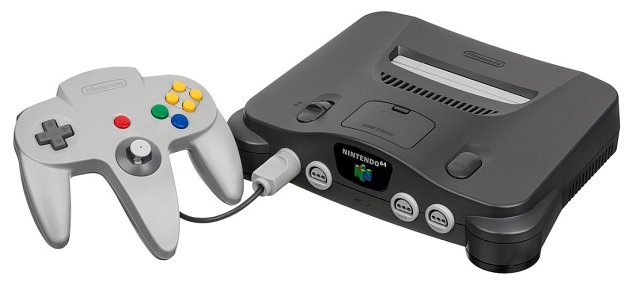
Japanese game fan analyses how your wrapping style reflected your childhood and predicted your adult life.
Video gaming was very different back in the day. Games had instruction books. Consoles had audio/video jacks. And controllers had cords.
Cords were something to be especially conscious of if you had a Nintendo 64. Since the system had four controller ports right from the get-go, plus a huge lineup of multiplayer titles, odds are you had to keep one or more controllers out of the way when it wasn’t being used. But according to Japanese Twitter user @TaichaArtemis, wrapping up the Nintendo 64 controller cord wasn’t just a way to keep your room tidy, but a window into a person’s personality.
“Rival Nintendo 64 controller factions were steeped in personal preferences and biases,” says @TaichaArtemis. “I’ve put together a comparison of what the groups of kids were like and what kind of adults they’ve grown up to be. Which one were you in?”
独断と偏見にまみれた64コントローラー派閥のあの頃と今を比較しました。みんなはどれだったかな? pic.twitter.com/1mxc84eiex
— 鯛茶アルテミス (@TaichaArtemis) October 16, 2021
Let’s take a look at the four wrapping methods/personality types @TaichaArtemis identifies.
Pattern 1: One-sided Wrap
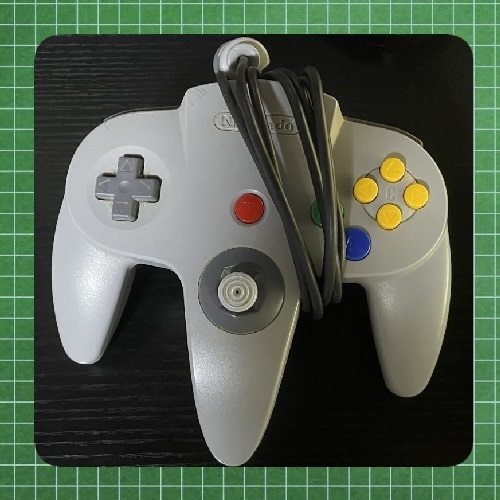
The most straightforward way, simply wrapping the cord around one side.
These kids may not have had very individualistic personalities, but they were very logical.For better or worse, many of them have grown up to become normal adults.
Pattern 2: Cross Wrap
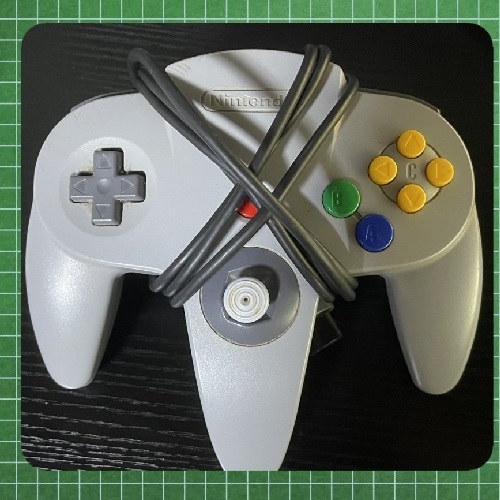
In contrast to the one-sided wrap, the cross wrap showed off one’s individuality, and was particularly appealing to those with an edgy, chu-ni personality. This was a time-intensive wrapping method, but looking cool was the important thing.
Many kids who followed this style continue to be hard-core gamers in the here and now.
Pattern 3: Diagonal Wrap
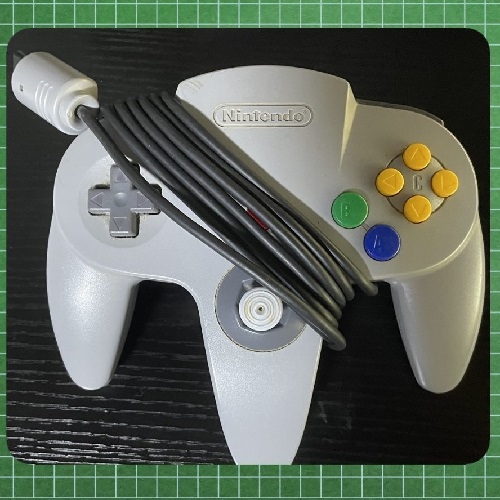
The beautiful product of a time-intensive process, this was favored by honor students. They were the type who responsibly limited their gaming time to one hour a day.
Many of them have now graduated from gaming as a hobby, and have respectable work and family lives. It’s a sad story.
Pattern 4: Tasuki [Kimono Sleeve-tying Cord] Wrap
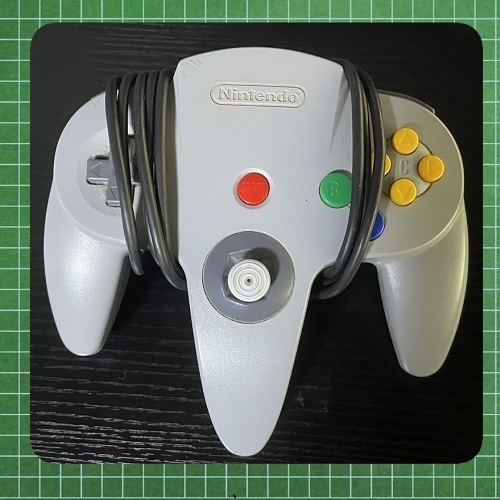
The king of avant-garde wrapping. It’s like what free spirit Yamada from the Chibi Maruko anime would do. Basically, these kids had the attitude of “You’re just wrapping a cord, so how you do it doesn’t matter.” They were the ones living their lives with true freedom.
Currently, the whereabouts of many of the people who used this style are unknown. If you are reading this and doing well, please contact us.
Though all of this is based on @TaichaArtemis’s personal observations, it seems like there could be some impressive accuracy here. @TaichaArtemis followed up the comparison with a survey asking other Twitter users which cord wrapping style they used, and here are the results, collected from 2,924 respondents.
1. Cross wrap: 45.1 percent
2. One-sided wrap: 26.2 percent
3. Tasuki wrap: 15.5 percent
4. Diagonal wrap: 13.2 percent
As you can see, cross wrap practitioners are by far the largest group, and since it’s primarily people with a continuing love of games who’re going to take the time to answer a survey about a 25-year-old controller, that’s entirely fitting with @TaichaArtemis’s analysis that many kids who used the cross wrap are still interested in video games today. Similarly, diagonal wrap users, who @TaichaArtemis says had limited playing time as kids and (tragically) grew out of games as they got older, made up the smallest demographic in the survey.
Unfortunately, with wireless controllers having become the norm, this window into the gamer soul has now closed, though you might still be able to figure out who’s going to be getting out of gaming based on the condition of their Switch’s battery.
Source: Twitter/@TaichaArtemis via IT Media
Featured image: Twitter/@TaichaArtemis
Top image: Wikipedia/Evan-Amos
Insert images: Twitter/@TaichaArtemis
● Want to hear about SoraNews24’s latest articles as soon as they’re published? Follow us on Facebook and Twitter!

No hay comentarios:
Publicar un comentario